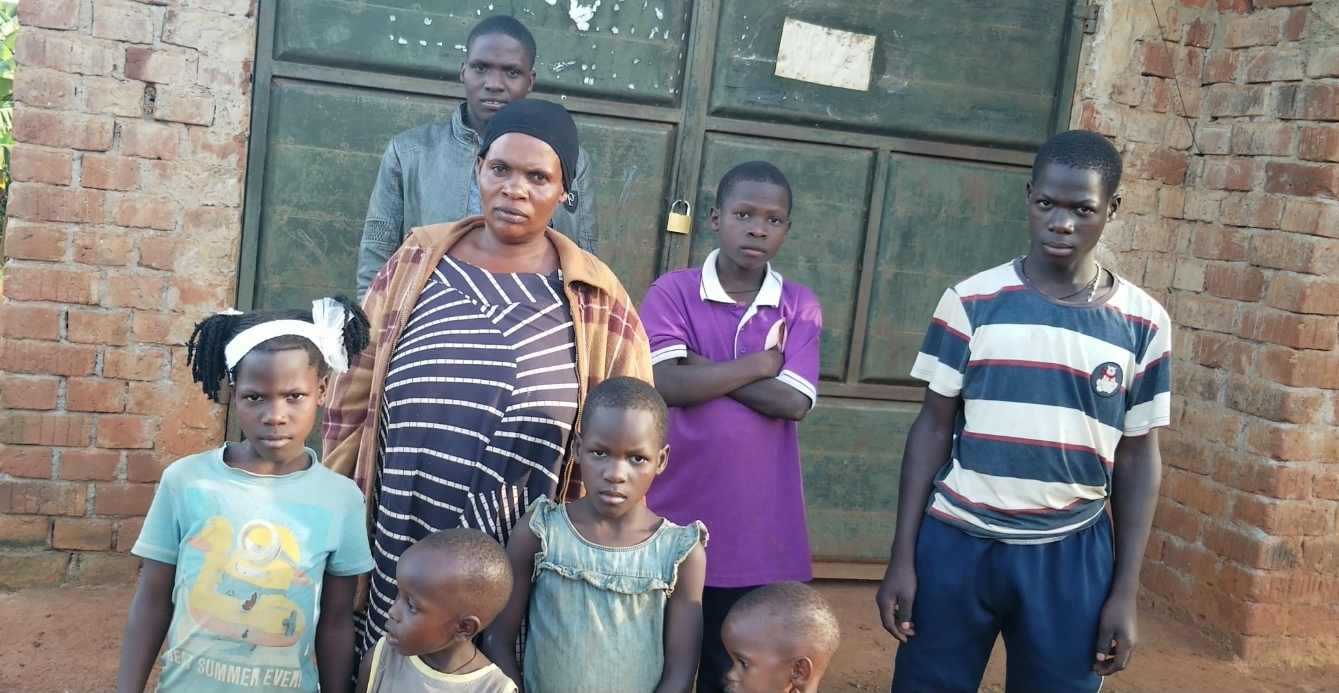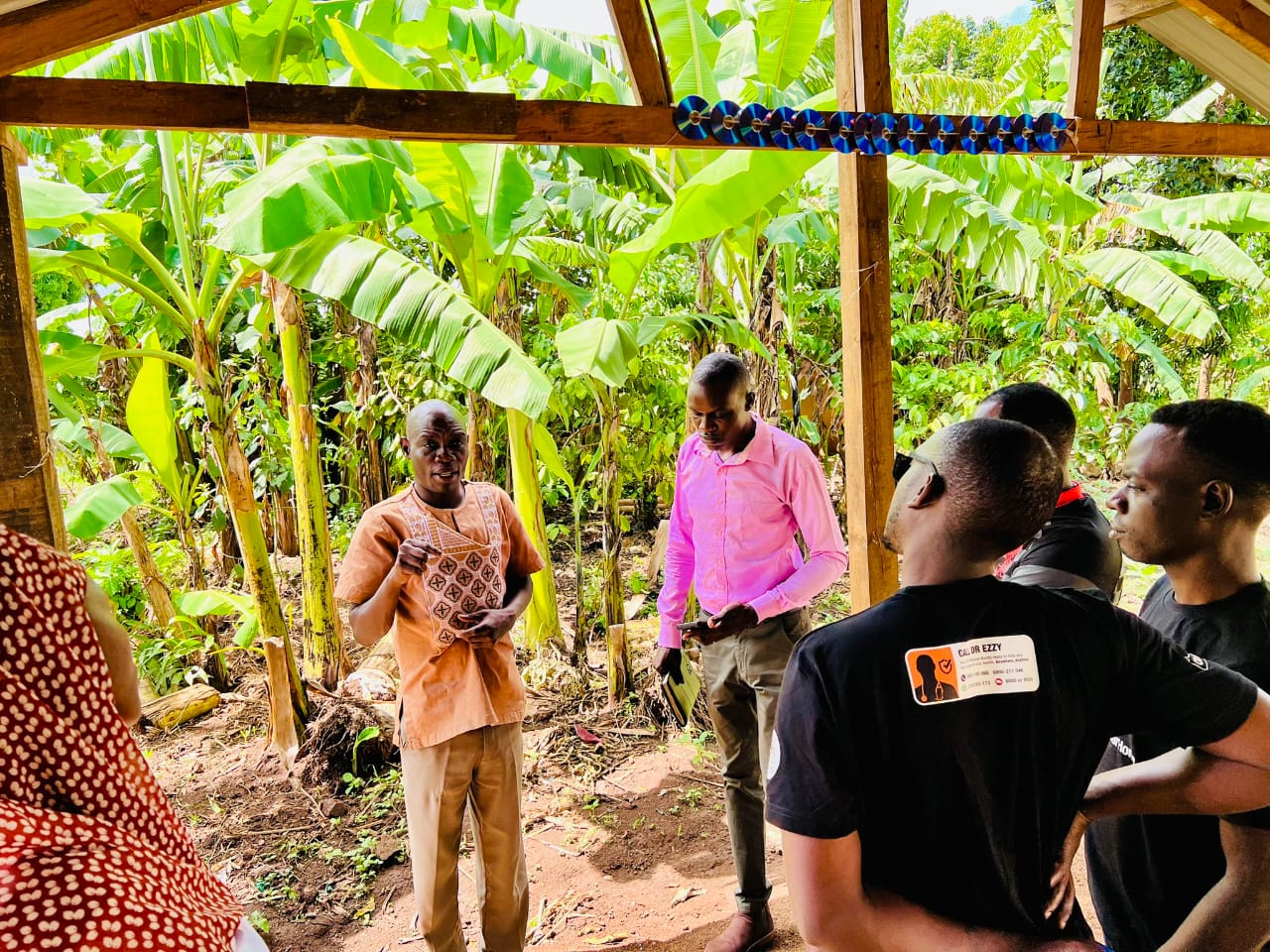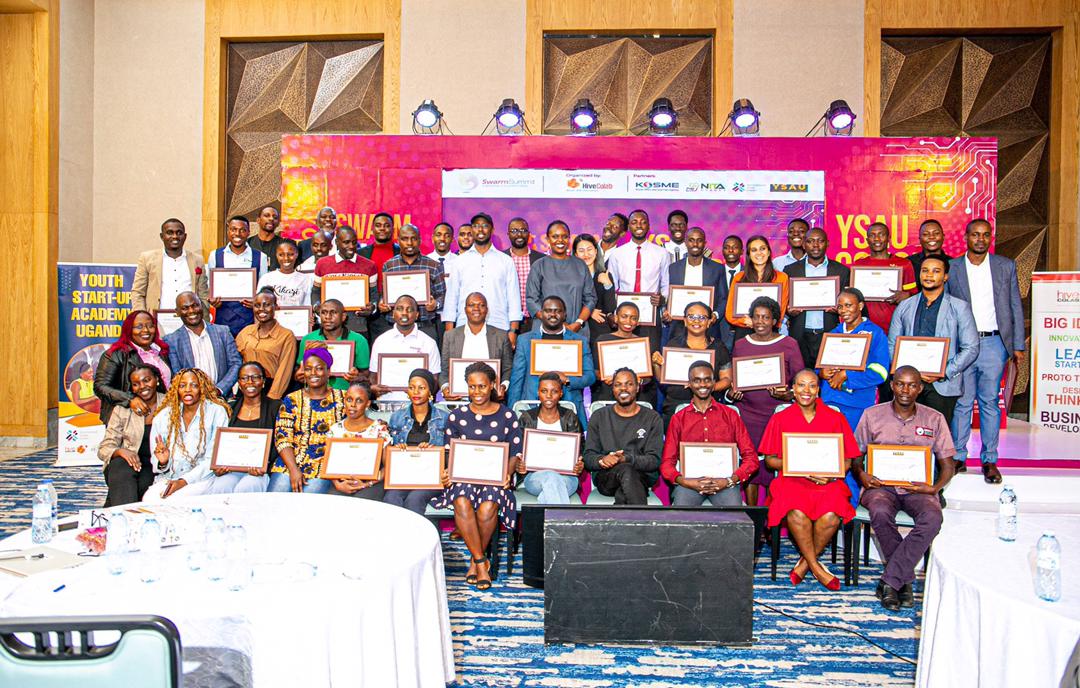Crime trends in Uganda: Navigating challenges amidst progress
From urban centers to rural communities, citizens contend with various forms of criminal activity, ranging from petty theft and robbery to more serious offenses such as armed violence and organised crime.
Uganda, known for its rich cultural heritage and breathtaking landscapes, grapples with a complex tapestry of crime trends that pose significant challenges to public safety and security.
From urban centers to rural communities, citizens contend with various forms of criminal activity, ranging from petty theft and robbery to more serious offenses such as armed violence and organised crime.
As the nation confronts the dynamics of crime and law enforcement, stakeholders work tirelessly to address root causes, strengthen preventive measures, and enhance collaboration to ensure a safer and more secure environment for all.
One of the most prevalent crime trends in Uganda is property crime, which includes theft, burglary, and vandalism. Urban areas, in particular, experience high rates of property crime, fueled by factors such as poverty, unemployment, and urbanization.
Individuals and businesses alike fall victim to theft, with valuable items such as electronics, motor vehicles, and livestock often targeted by criminals.
While law enforcement agencies work to apprehend perpetrators and recover stolen property, the pervasive nature of property crime underscores the need for proactive measures such as community policing, neighborhood watch programs, and public awareness campaigns to deter criminal activity and promote vigilance among citizens.
Violent crime, including armed robbery, assault, and homicide, remains a pressing concern in Uganda, posing threats to public safety and social cohesion.
The proliferation of small arms and light weapons, coupled with socio-economic inequalities and youth unemployment, contributes to the prevalence of violent crime in certain areas.
Incidents of armed robbery, often targeting businesses, homes, and public transportation, instill fear and insecurity among residents, undermining trust in law enforcement and eroding community resilience.
Efforts to combat violent crime require a comprehensive approach that addresses root causes, strengthens law enforcement capacity, and fosters collaboration between government agencies, civil society organizations, and the community.
Organized crime, fueled by transnational networks and illicit activities such as drug trafficking, human trafficking, and wildlife trafficking, presents a complex challenge for Uganda's law enforcement authorities.
Criminal syndicates exploit vulnerabilities in border areas and trafficking routes to smuggle contraband and illicit goods, undermining national security and fueling corruption and impunity.
The government has taken steps to address organized crime through legislative reforms, enhanced border security measures, and international cooperation.
However, the clandestine nature of organized crime requires sustained efforts to disrupt criminal networks, dismantle illicit markets, and strengthen partnerships with neighboring countries and international stakeholders.
While Uganda grapples with various forms of criminal activity, progress has been made in certain areas, thanks to concerted efforts by law enforcement agencies and community stakeholders.
Initiatives such as community policing, crime prevention programs, and youth empowerment initiatives have yielded positive results in reducing crime rates and enhancing public safety in some communities.
Moreover, investments in technology, forensic capabilities, and training for law enforcement personnel have improved the capacity to investigate and prosecute criminal offenses, deterring would-be offenders and holding perpetrators accountable for their actions.
As Uganda navigates the complexities of crime trends, stakeholders remain committed to fostering a safer and more secure environment for all citizens.
Collaboration between government agencies, civil society organizations, and the community is essential to address root causes, strengthen preventive measures, and promote a culture of lawfulness and accountability.
By investing in crime prevention strategies, enhancing law enforcement capacity, and fostering social cohesion and resilience, Uganda can build on its progress and ensure a brighter future for generations to come.













